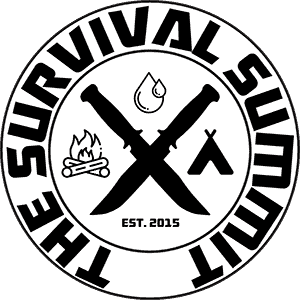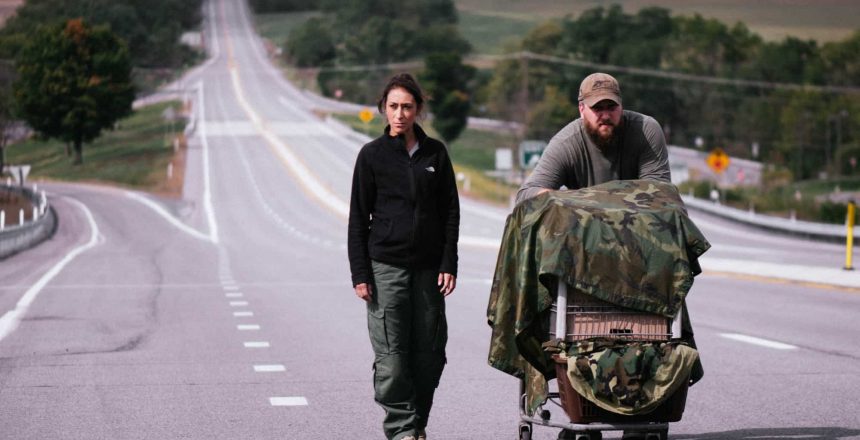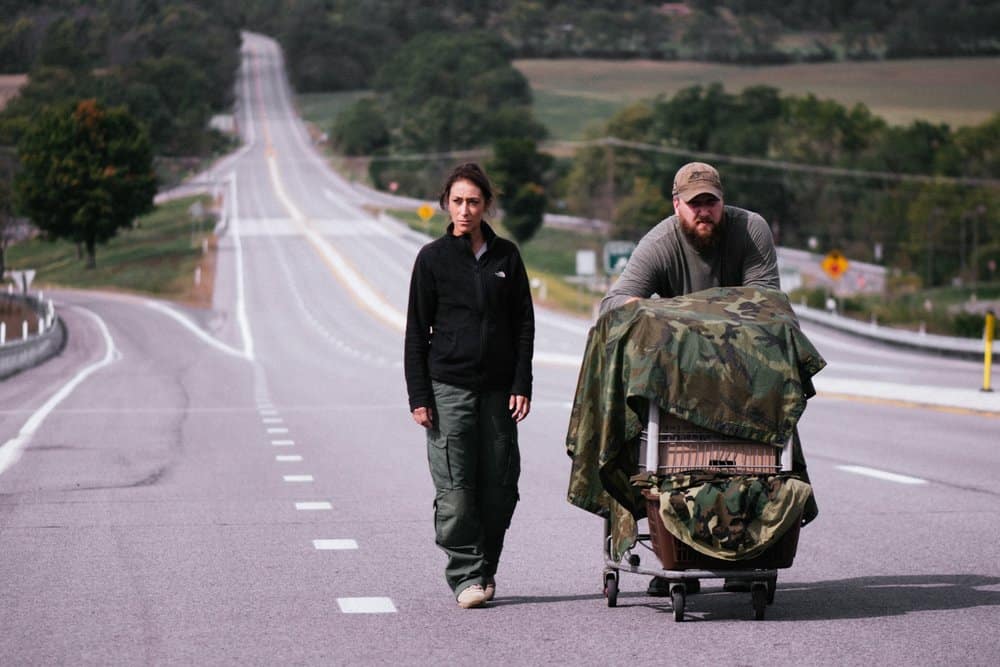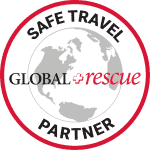Don’t make these common mistakes during a disaster
Some disasters hit without warning – think earthquake, tornado, a manufacturing plant explosion, a train derailment or even a terrorist attack.
The biggest mistake people make when disaster strikes, is not thinking. Use your head, be logical and above all, do not panic. Thinking your way through gives you the best chance of coming through on top.
Here are some common disaster reaction mistakes and how to avoid them.
NO CASH
If the power goes out, ATM machines will be non-functional. Even with some notice, panicked people will empty every ATM in the area. Ethics aside, price points for essential items will jump when a disaster strikes. If you do not have any cash, or another form of collateral to barter, your time is limited.
Cash is, was and will always be king. When the power is out, a credit card is just something to jimmy a cheap door lock. Checks are just pieces of paper. You need enough cash for at least a week. A few hundred in a sealed plastic bag in the gun safe is perfect. Use smaller bills. Nothing larger than a $20.
In a disaster, people will still put faith in the fiat currency. Barter is great, but that is also a long-term strategy. You need to get through the week, first.
POOR COMMUNICATIONS
When panic hits, people light up their cell phones. This overloads the transmission frequencies. Calls will not go through. When calls do not go through, people panic more; traffic jams are inevitable as people get behind the wheel to find family and friends.
Cell phones and towers also need electricity; the batteries in the tower and the phones are only good for a few hours.
You may have a few minutes in the immediate aftermath to get a call through. Better yet, make that call while you are still being hammered.
Here are more tips for a solid communication plan. RadioFreeq has an excellent blog series on alternate communications scenarios.
NO PLAN
A failure to plan is a plan to fail.
Do not count on first responders and emergency services to help you in a disaster. The sheer volume of calls and the need to get themselves situated means the responders do not have time for you. Most people have no idea what they will do in a disaster. Most try to run away or hunker down in place. This leads to more chaos as demands for rescue overload the capacity of the emergency services departments.
Here are three things to do right now:
- Rendezvous. Identify a place where you and your family/ friends will meet in an emergency if you have to vacate home. Find a place away from business districts, industrial parks and places where people tend to gather. The lemming mentality is going to rule and you should avoid the masses. Rural parks are great; plenty of space for camping and the parks usually have a place to fish, which means fresh food. When you get there, wait. Either the people you need are on the way or they cannot get out and you won’t be able to help them.
- Know the neighbors. When SHTF, you need to know what your neighbors will do. An easy way to find out is to have a cookout and invite them over. Casually mention disasters, like the train derailment above, and ask what your neighbors would do. You will find out if your neighbor is someone to count on or avoid during a disaster.
- A SHTF plan. Make sure everyone important to you knows what it is, including the small details. Make sure your important people also know to implement the disaster plan, whether you contact them or not.
NO SUPPLIES
Most people think they can run down to the store and get whatever they need. Not going to happen in a disaster because EVERYONE is there and buying anything not nailed down. Besides which stores are ground zero for riots and looters. Being safe means staying away from looters. Do not go to the stores when disaster strikes.
You must have the necessary supplies before things go wonky. FEMA has a good list of what you need in an emergency.
You need fuel, gasoline and propane, for a bi-fuel generator and other things. Large on-site propane tanks can power a lot for a long time and are not likely to be stolen.
Learn to cook without a stove. A wood-charcoal grill is good. Propane-powered fish cookers are cheap and will prepare any meal you can think of. Get a cast iron dutch oven, season it immediately and start cooking with it now.
NO CLUE
Most people do not have a clue how to navigate the regular world without electronics. Reading a road map, thanks to GPS, is now a serious skill. When disaster hits, loading how-to videos on YouTube won’t happen.
You must know how to make it through before the problems come. That means learning to use what you have and keeping those skills current. Roughing it for a week or so as an annual vacation is awesome. Regularly use the supplies you bought and replace them accordingly; chances are they have expiration dates anyway.
Practice, indeed, makes perfect.




